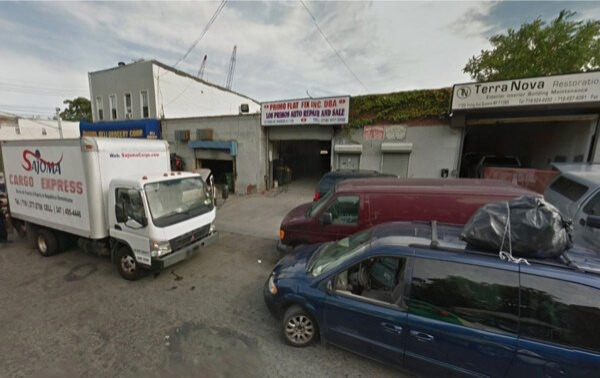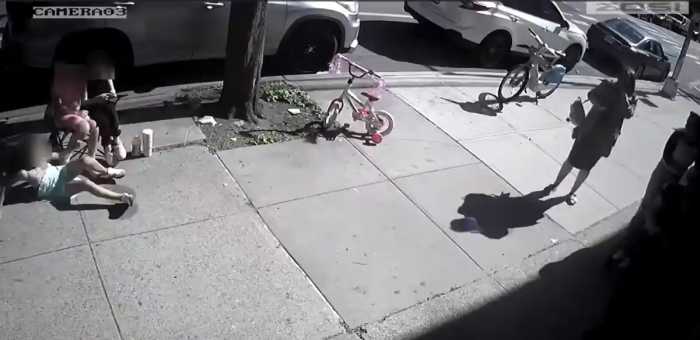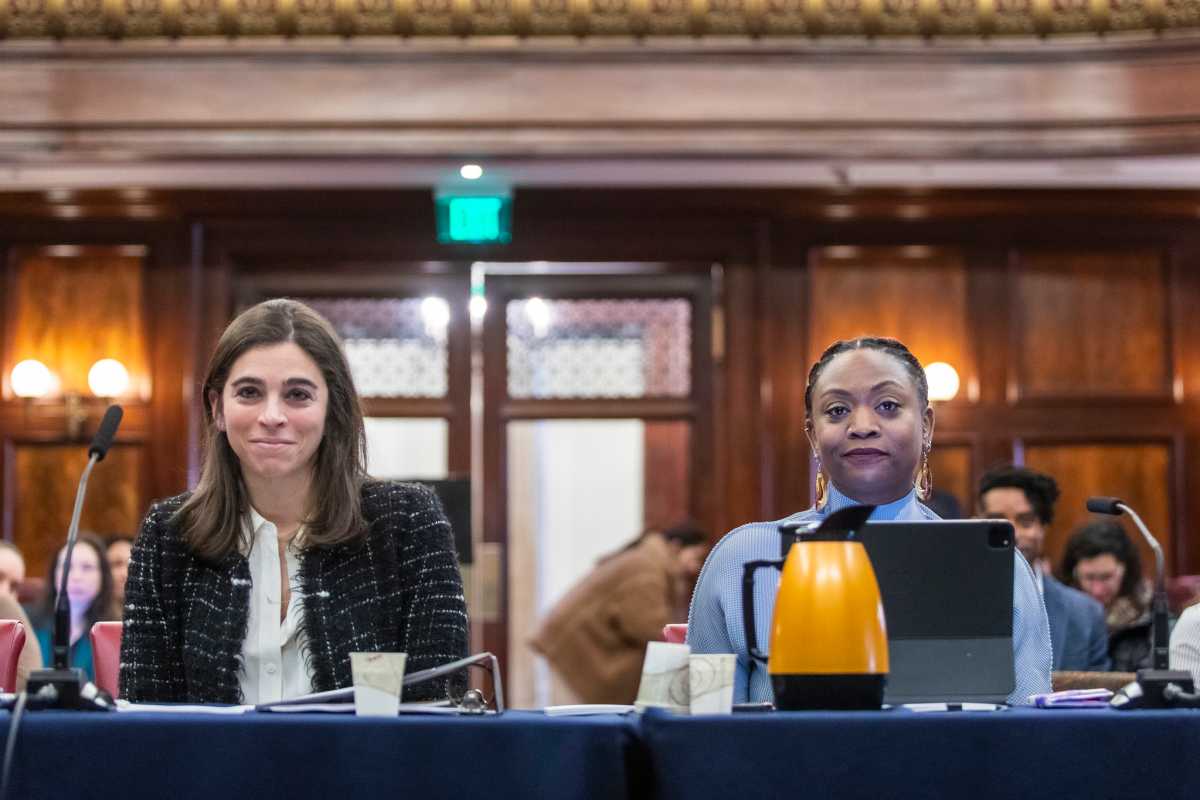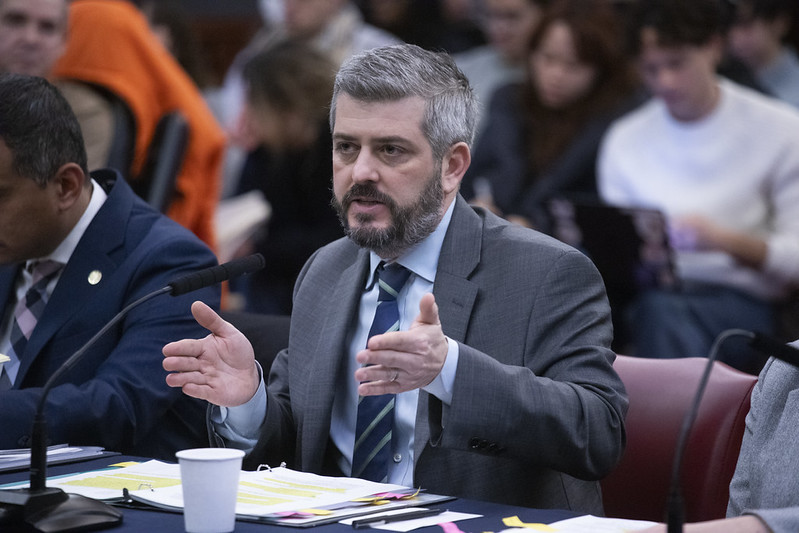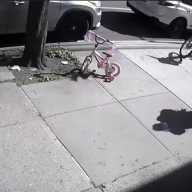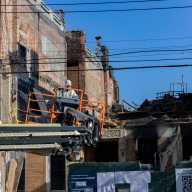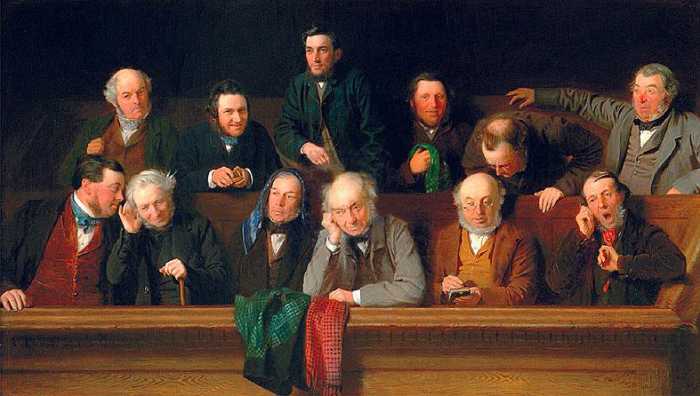By Mark Hallum
Radioactive waste is to be removed from a contaminated section of Ridgewood which was once the location of a chemical plant that harvested raw materials from sand and dumped the refuse into the sewer.
The state Department of Environmental Conservation is backing the $39.9 million effort by the EPA to clean up the site in Ridgewood, which was placed on the National Priorities List in 2013 and is part of the agency’s Superfund program.
The parcel of land — which became contaminated while under use by the Wolff-Alport Chemical Company from 1920 to 1954 — will see all business tenants relocated, buildings demolished, soil removed and sewers replaced, according to the EPA. The three-quarter-acre patch of contaminated land is located at 1125 to 1139 Irving Ave. and 1514 Cooper Ave. It used to be home to Jarabacoa Deli Grocery, as well as office space, residential apartments, several auto repair shops and warehousing space.
“The EPA has used the Superfund program to successfully address shorter-term risks posed by the radiation at this site, and this proposed plan moves us closer to a permanent fix that will protect those who live and work in the area over the long term,” said Catherine McCabe, acting regional administrator for the EPA. “While we recognize that relocation will be a stress on these businesses, we are weighing that against the long-term risks from radiation, which include an increased risk of cancer. EPA believes that this proposal offers the best course of action.”
The EPA announced that the full effort to overhaul the space would take place in July after previous mitigation efforts in 2012 to protect residents and employees at businesses from the radioactive waste.
“Most recently, DEC submitted a concurrence letter for the EPA’s Record of Decision on September 21, 2017,” a DEC spokesman said. “The ROD documents EPA’s selected remedy, which consists of permanent relocation of the tenants, demolition of the former Wolff-Alport Chemical Company buildings, contaminated soil excavation, contaminated sewer removal/cleaning, and off-site disposal of the contaminated soils and debris. The state supports the selected remedy which carries an estimated cost of $39.9M.”
The Wolff-Alport facility once operated on the entire site, now split into six parcels, extracting thorium from imported monazite sand, which contains about 6 to 8 percent of the radiological metal. Until 1947, when the U.S. Atomic Energy Commission ordered it to stop, the company was dumping thorium waste into the sewer and other locations on the property, according to the EPA.
During an EPA survey in 2012, the agency also looked into the threat to children at nearby IS 384, which sits just across the Brooklyn border, They found radon gas emanating from a hole in the basement which was later sealed with concrete. Tests came back with radioactive readings below what would be considered a threat, according to the EPA.
The Superfund program is used to address some of the most pressing environmental issues in the country. It is employed by the EPA to launch oil spill cleanup efforts and disaster relief.
According to the state Department of Health, the six parcels of land in a 10-block section showed only 19 cases of cancer from 2005 to 2010. The cancer count was lower compared to the sections which sit adjacent to the Wolff-Alport land with each having 34, 26 and 27 cases within that time frame.
Reach reporter Mark Hallum by e-mail at mhall

